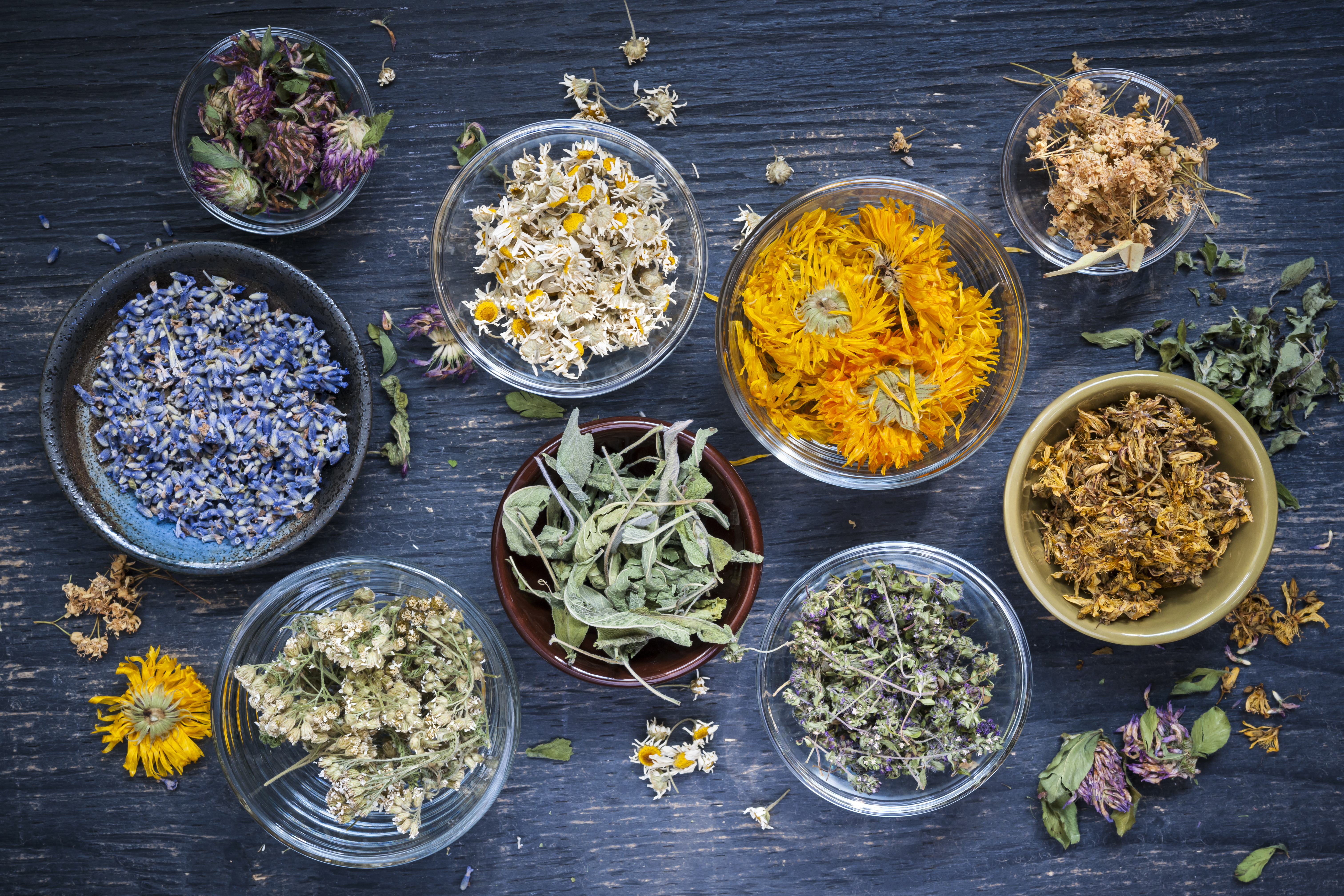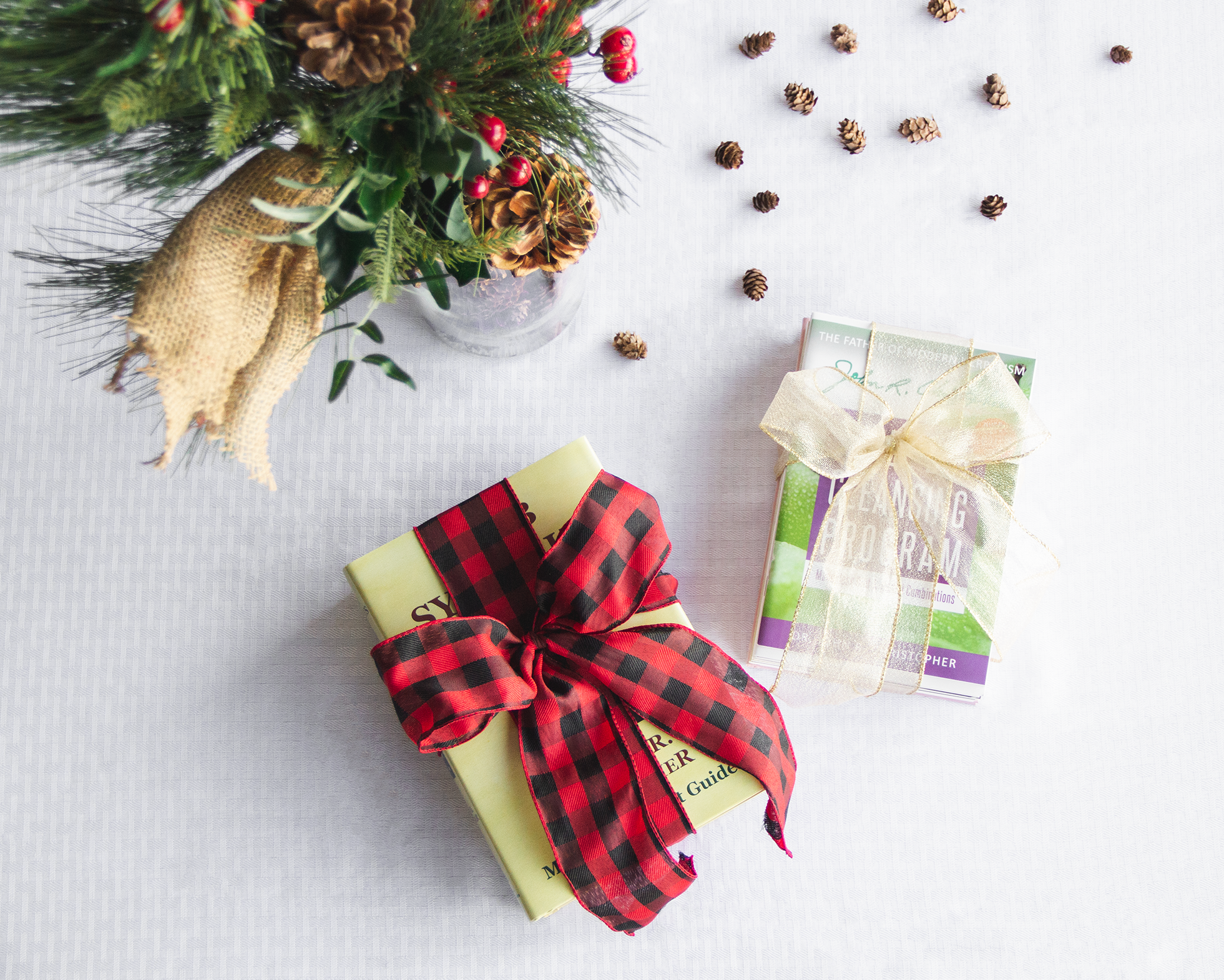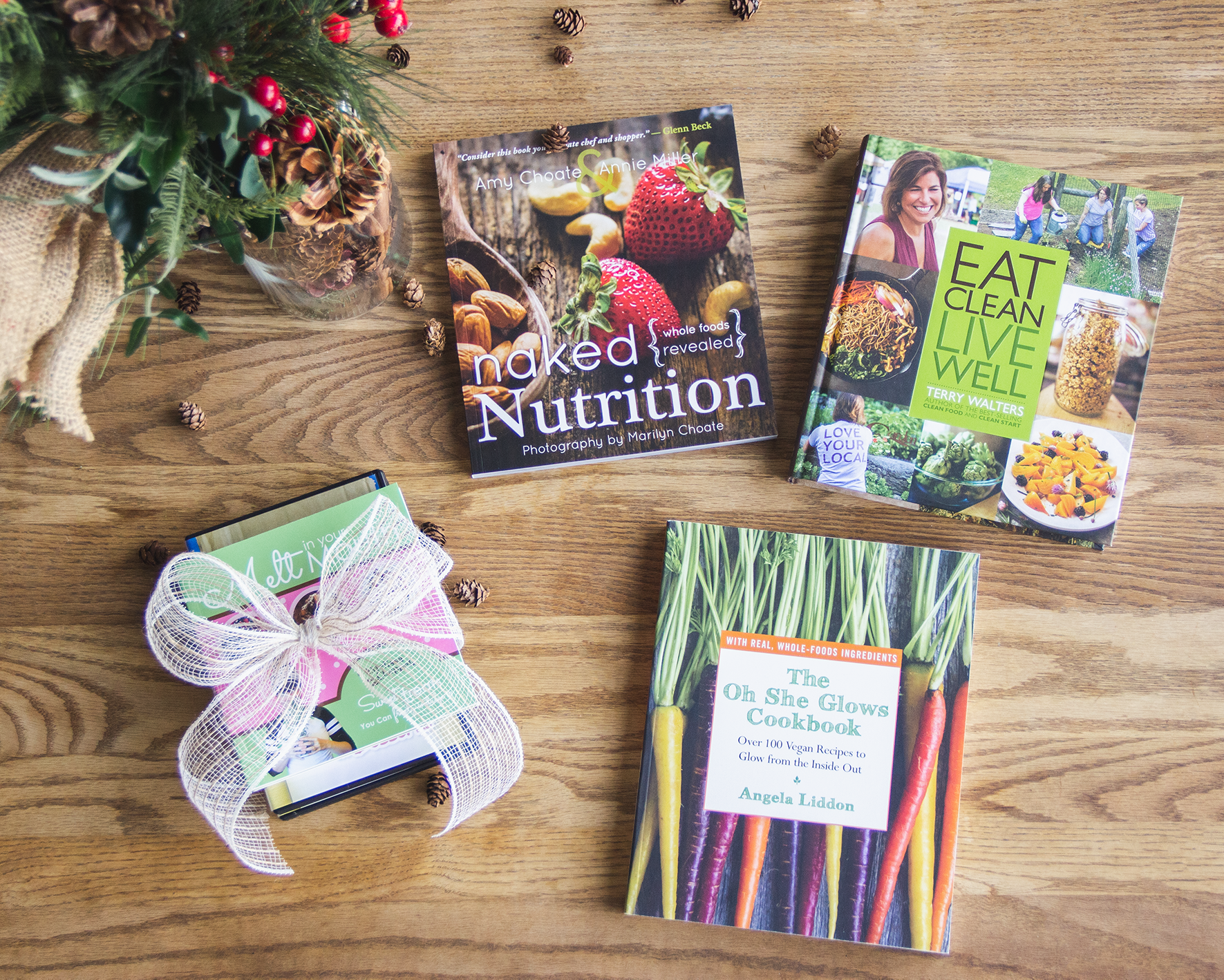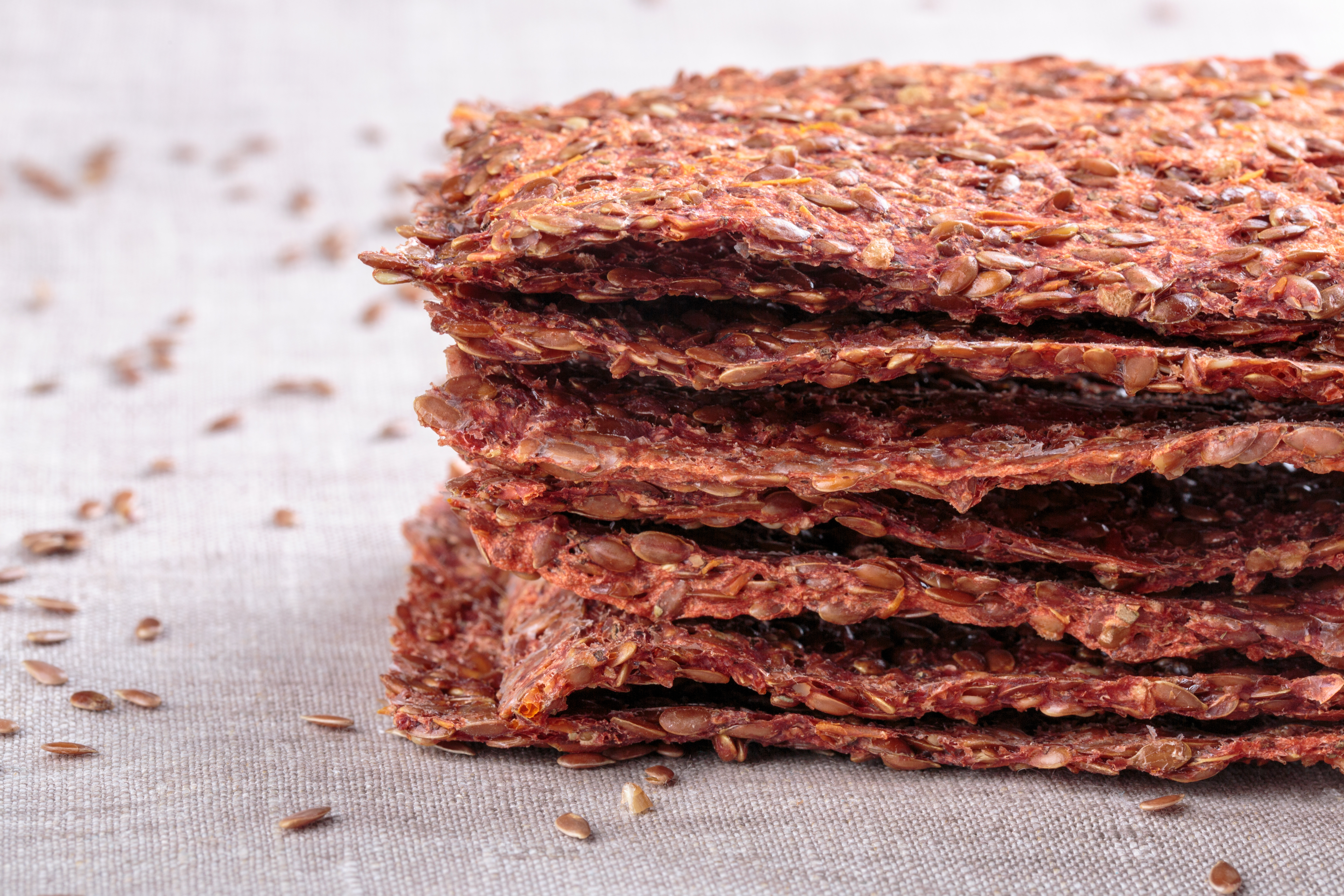We Recommend “Ten Most Important Herbs"
Published: Wed, 04/10/19
April 10, 2019
We Recommend “Ten Most Important Herbs,” Dr. John R. Christopher
There are well over three hundred thousand herbs-many of them have been life-savers over the years. Can we, then, list the “Ten Most Important”, which should be kept on hand at all times for health or survival emergencies? This is a hard one- choosing the names of ten of my top friends, our herbs. Perhaps the best way to proceed is to choose one herb from each of ten major herb categories of which there are many more.
Hippocrates used twenty-nine herbs and their combinations to help keep the people of the Isle of Cos in a healthy condition. In our practice we use approximately one hundred common herbs to take care of any malfunction that has been brought to our attention. We will, therefore offer you a tithe of our herbs. One herb cannot be said to be superior to another, as each has its own specific use, so we will list the categories from which each herb was selected alphabetically.
1. Alterative Herb: Plantain (Plantago major)

Parts used: root, leaves, flower spikes, seeds
Medicinal uses: drawing poisonous bites and stings, bleeding and minor wounds, etc.
2. Astringent Herb: Oak (Quercus alba)
Parts used: mainly inner bark, also leaves, acorns, acorn cups
Medicinal uses: bleeding, infections, spongy bleeding gums, relaxed tissues, etc.
3. Cathartic Herb: Mountain Flax (Linum carharticum)
Parts used: whole herb, (we now also amend seeds as well)
Medicinal uses: jaundice, obstinate constipation, digestive problems, edema, etc.
4. Diaphoretic Herb: Yarrow (Achillea millefolium)
Parts used: whole herb
Medicinal uses: fevers, internal hemorrhage, diarrhea, wounds, flatulence, hair loss, etc.
5. Diuretic Herb: Parsley (Petroselinum sativum)
Parts used: whole herb, roots, leaves, seeds
Medicinal uses: edema, gallstones, kidney problems, acidosis, anemia, etc.
6. Emmenagogue Herb: Squaw Vine (Mitchella repens)
Parts used: herb or vine
Medicinal uses: uterine problems, childbirth, urinary complaints, edema, dysentery, etc.
7. Expectorant and Demulcent Herb: Comfrey (Symphytum officianles)
Parts used: root (more powerful) and leaves
Medicinal uses: sprains, swellings, torn ligaments or broken bones, bronchitis, etc.
8. Antispasmodic Herb: Lobelia (Lobelia inflata)
Parts used: herbs and seeds (seeds are much stronger)
Medicinal uses: asthma, angina pectoris, spasms, fever troubles, tetanus, etc.
9. Stimulant Herb: Cayenne (Capsicum annum)
Parts used: fruit (oil is in the seeds)
Medicinal uses: arthritis, asthma, bleeding, hemorrhaging, wounds, heart trouble, etc.
10. Tonic Herb: White Poplar (Populus tremuloides)
Parts used: inner bark, leaves and buds.
Medicinal uses: articular swelling, burns, inflammation, indigestion, gangrene, etc.
This was extracted from an original newsletter written by the late Dr. John R. Christopher. There may be other herbs you have greater access to or an affinity for using. The principle he taught is to choose herbs that have these actions to aid you in emergencies you may run into. Access to more newsletters from Dr. Christopher are for sale through Christopher Publications for $1.00 per newsletter or $49.00 for 75 newsletters. Enjoy more sage advice from our beloved Dr. Christopher today!
Printable Version: http://herballegacy.com
If you missed an article be sure to visit http://www.herballegacy.com and click on Articles. Also, take advantage of David Christopher's Radio Show (see Resource Links below for more information).


David Christopher is now on Twitter!
You can follow David @DChristopherMH
Herbal Resource Links
This newsletter is sent by permission only - you can unsubscribe quickly and easily by clicking the link below.
.


Bundle Book Sales from Christopher Publications!
A Healthier You Radio show is back!
Listen live every Monday morning at 11:30 Mountain Time.
Click here for the link to listen to our live show
David Christopher is now on Twitter!
You can follow David @DChristopherMH
Flax Seed Crackers
4 c. Brown or golden flax seed
1 c. Parsley
2 Garlic cloves
½ t Cayenne
2 Carrots
2 Celery
1 Onion- small
1 T. Himalayan salt or Real salt
4 c. Water
Add the parsley, garlic, carrots, celery and onion into a food processor on the S-blade and finely process. Or place in a blender slightly chopped veggies, add the water and blend up. Place all of the ingredients now finely chopped or processed into a bowl and add all the remaining ingredients. Place about 1-2 cups on a teflex sheet and spread thin about ¼ inch thick. Score in 4x4 inch sheets. Dehydrate at 105-115 degrees for 6-12 hours depending on where you live. Then turn and remove from teflex sheet and dehydrate an additional 6-12 hours until crispy. Store in air tight containers once completed.
Recipe by Kelly Pomeroy
Printable Version: http://herballegacy.com

4 c. Brown or golden flax seed
1 c. Parsley
2 Garlic cloves
½ t Cayenne
2 Carrots
2 Celery
1 Onion- small
1 T. Himalayan salt or Real salt
4 c. Water
Add the parsley, garlic, carrots, celery and onion into a food processor on the S-blade and finely process. Or place in a blender slightly chopped veggies, add the water and blend up. Place all of the ingredients now finely chopped or processed into a bowl and add all the remaining ingredients. Place about 1-2 cups on a teflex sheet and spread thin about ¼ inch thick. Score in 4x4 inch sheets. Dehydrate at 105-115 degrees for 6-12 hours depending on where you live. Then turn and remove from teflex sheet and dehydrate an additional 6-12 hours until crispy. Store in air tight containers once completed.
Recipe by Kelly Pomeroy
Printable Version: http://herballegacy.com
Herbal Resource Links
- Herbal Legacy - http://www.herballegacy.com - Our free information website
- The School of Natural Healing - http://www.snh.cc - Quality Education since 1953
- Christopher Publications - http://www.christopherpublications.com - Dr. Christopher's books and more
- Christopher Websites - http://www.christopherwebsites.com - Find all Christopher websites and other great resources
- A Healthier You Radio Show - http://www.ahealthieryouradio.com - Free weekly radio show
This newsletter is sponsored by:
The School of Natural Healing: http://www.snh.cc
Christopher Publications: http://www.christopherpublications.com
The School of Natural Healing: http://www.snh.cc
Christopher Publications: http://www.christopherpublications.com
NOTICE: All information in this newsletter is given out as information only and is not intended to diagnose or prescribe. For our official Disclaimer, Biological Individuality, Important Notice & Terms of Use please see: http://www.herballegacy.com/Disclaimer.html
This newsletter is sent by permission only - you can unsubscribe quickly and easily by clicking the link below.
.

